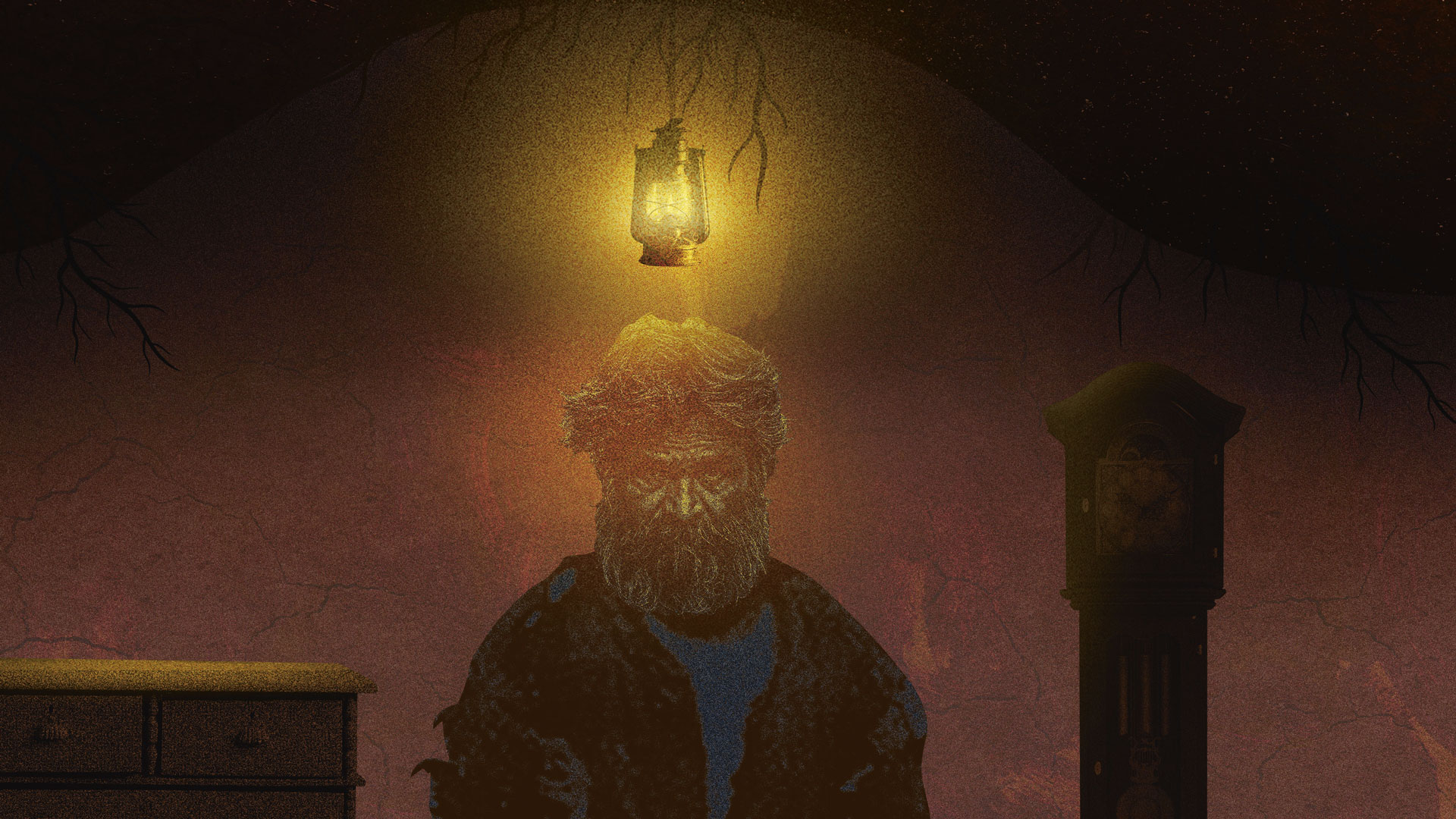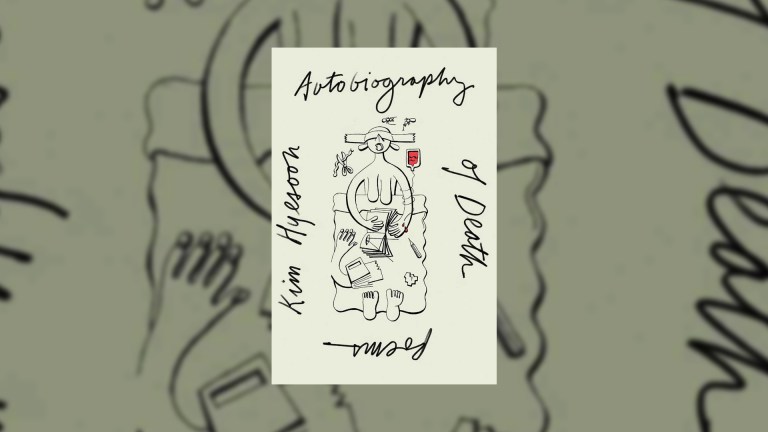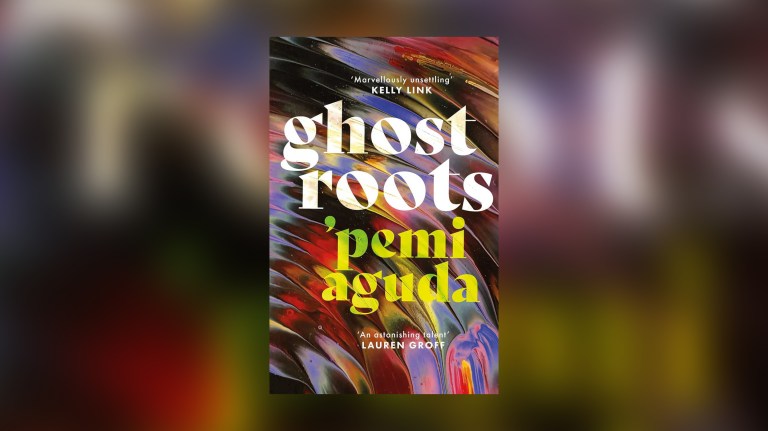The advertisement at the root of my novel The Warlow Experiment comes from a collapsing 18th-century volume of The Annual Register. The register, which is still published today, is a compilation of everything that happens in one year – political events, wars, state papers, court reports, inventions, new books, a poem or two.
I’ve collected several 18th-century Annual Registers, and for me their greatest attraction is a section called Chronicle, in which for each month of the year small reports are presented from across the country. At the end of the 1700s newspapers were taking off in a big way and I can only think that the Annual Register editors – the first of whom was Edmund Burke in 1758 – must have enjoyed themselves hugely, picking out the juiciest stories from new and sometimes obscure local papers.
In the Chronicle you find extremes of weather: whirlwinds, immense hailstones, the days-long fair held on the frozen Thames; drastic fires: gunpowder factories exploded, whole streets burned down; robberies; royal celebrations; far too many executions; remarkably long-lived folk; canal openings and a cricket match in Greenwich between one-legged pensioners and those with one arm.
It’s the stories of ordinary lives that are fascinating, just as they are today. Yet often reports are tantalisingly brief: why did the pedlar who was found to be a woman disguise herself for 20 years? What happened to the boy who hoisted the French tricolour on the White Tower? Why was a woman burned at the stake in 1789 when male coiners – men who made counterfeit coins – were hanged?
Then, in the 1797 volume I found an advertisement for someone to live underground, contained in a report claiming that an unnamed man had survived in such conditions for four years. The report was very short and left me wondering.
In the 18th century it became fashionable for some owners of large estates who wanted a “romantic” landscape to employ a hermit on their land, presumably to impress visitors. There was no National Trust in those days but you could look over an estate if you asked politely. Think of the visit to Mr Darcy’s Pemberley in Pride and Prejudice.










